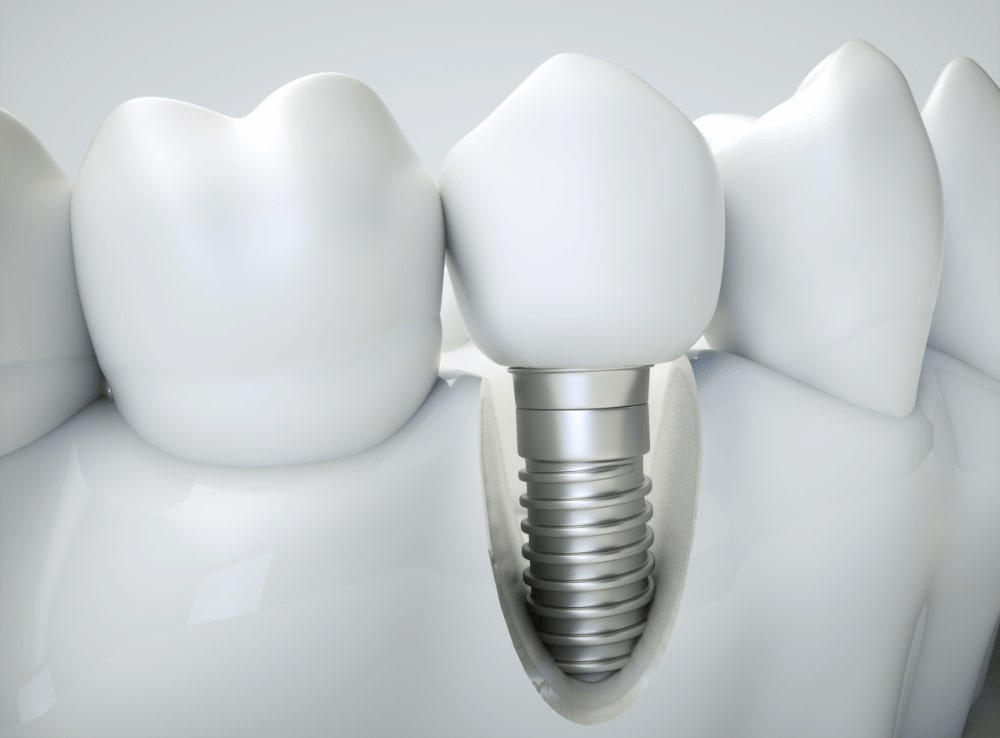One of the most common and effective dental procedures is dental implants Melbourne. It helps you boost your self-confidence and helps you to speak normally and consume all of your favourite foods. While the success rate of dental implants is 98 percent, there are a few factors that affect dental implants and contribute to the failure of tooth implant Melbourne. Regular dental checkup can help you identify the risk factors at the early stage, which can reduce the dental implants cost Melbourne. We have listed a few variables here that influence the effectiveness of dental implants.
Poor Dental Care
The failure to practise good oral hygiene after a dental implant is one of the factors affecting the success rate of the dental implant procedure. You are not a good candidate if you have disabilities that impair your range of motion or interfere with the ability to brush your teeth thoroughly.
Medical Conditions
If you are diagnosed with an autoimmune disorder or disorders like rheumatoid arthritis and diabetes, which causes the body to recover at a slower rate, dental implant failure is a possibility. Osseointegration, where the implant fuses or blends with your jaw bone, will avoid slow healing.
Insufficient Jaw Bone
The surgeon will not surgically place the implant into your jaw without ample healthy bone. Enough bone to support the implant is also contingent on a good procedure. With osteoporosis, bone loss will happen. When bone density decreases, this disorder occurs. Bones are becoming brittle and fractures are at increased risk. Bone loss in the mouth may also be caused by extreme gum disease.
Smoking
Smoking is one of the key causes for dental implant failure. Smoking limits the flow of blood to the gum and slows down the process of healing. Smokers may have a dental implant failure rate of up to 20 per cent, according to reports. If you quit smoking one week before a dental implant, and if you do not smoke for at least two months after the implant placement, you might have a better result.
Gum Disease
An infection that can affect the gums and bone of the jaw is gum disease. All around the implant, an untreated infection may develop and lead to failure. Good tooth gums are the requirement for dental implant surgery, and with active gum disease, you will not have this operation. See a dentist before having an implant to treat gum disease.
You need to keep your oral health in good shape to resolve the variables surrounding dental implants. Similar to a natural tooth, you need to take care of your dental implants. Twice a day, you ought to wash and floss your teeth. Often, to verify the condition of your implants, you must see your dentist periodically so that the easier problems can be corrected at the early stage, which in turn decreases the dental implants cost Melbourne. This will help you overcome the failure of your dental implant.


